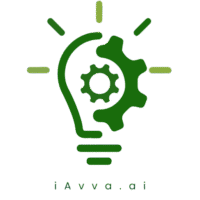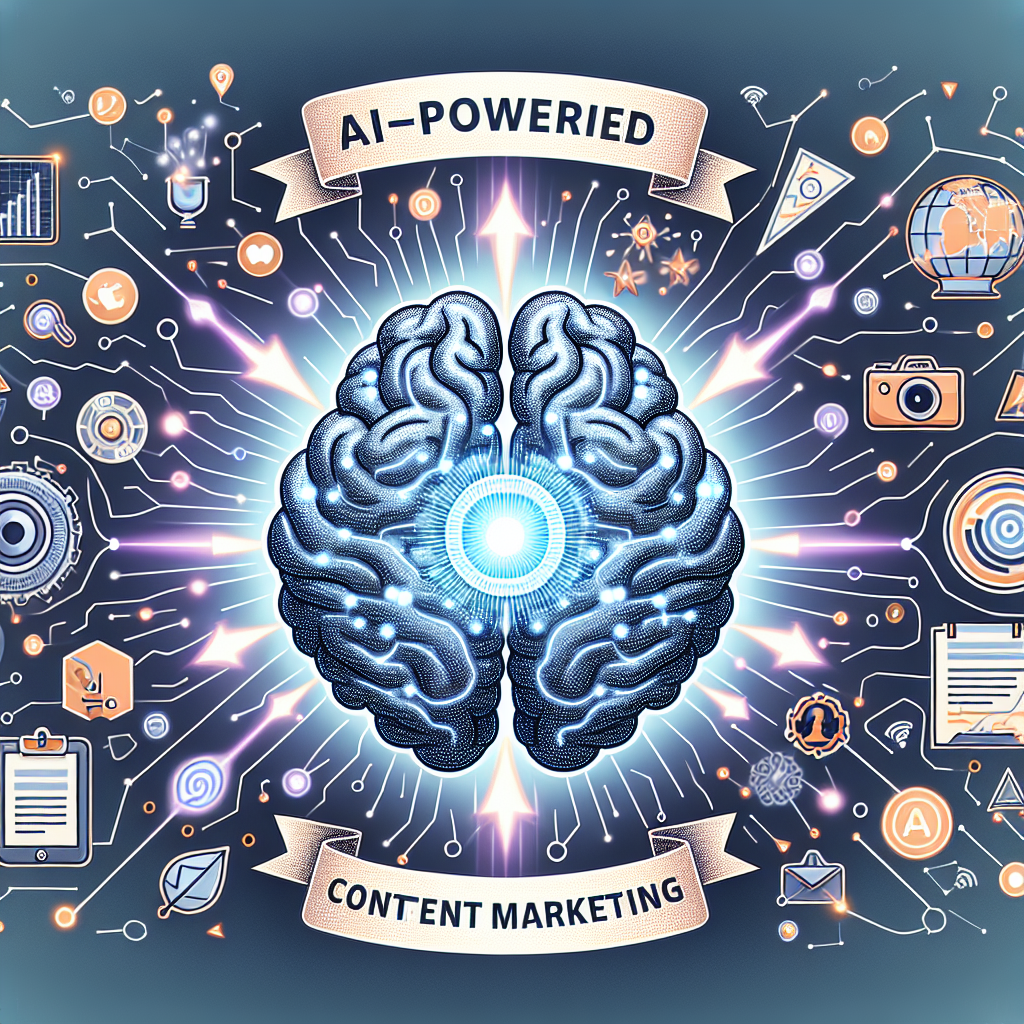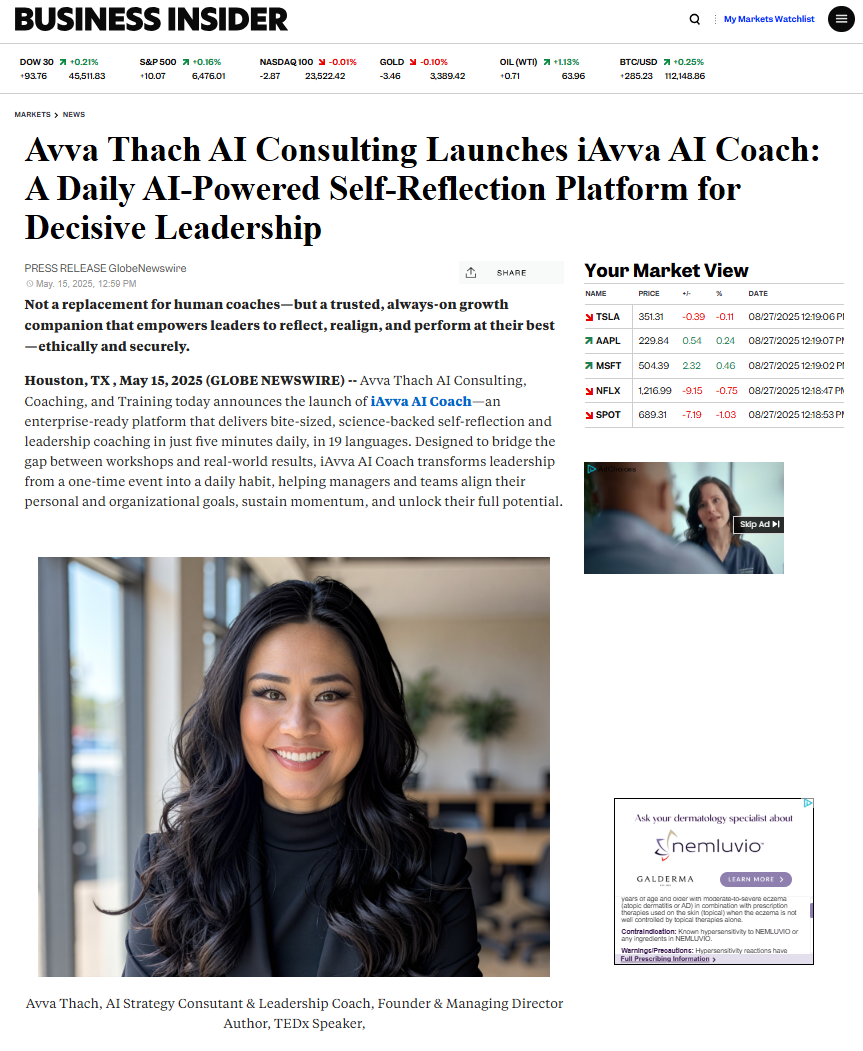In today’s rapidly evolving business landscape, the importance of upskilling employees cannot be overstated. Organizations are increasingly recognizing that their most valuable asset is their workforce, and investing in employee development is essential for maintaining a competitive edge. As technology advances and market demands shift, the skills that were once sufficient may quickly become obsolete.
This reality underscores the need for continuous learning and adaptation. Companies that prioritize upskilling not only enhance their employees’ capabilities but also foster a culture of innovation and resilience. Moreover, upskilling employees contributes to higher job satisfaction and retention rates.
When employees feel that their organization is invested in their growth, they are more likely to remain loyal and engaged. This commitment to development creates a positive feedback loop: as employees acquire new skills, they become more productive and motivated, which in turn drives organizational success. In essence, upskilling is not merely a response to change; it is a proactive strategy that empowers employees to thrive in an ever-changing environment. Visit iAvva Store
Key Takeaways
- Upskilling employees is crucial for staying competitive in today’s rapidly evolving business landscape.
- AI plays a significant role in employee development by providing personalized and interactive coaching experiences.
- An interactive AI coach is a virtual assistant that uses AI to deliver personalized training and development to employees.
- Interactive AI coaches benefit employees by providing personalized learning experiences, improving skills, and boosting confidence.
- Implementing an interactive AI coach in the workplace requires careful planning, training, and integration with existing systems.
The Role of AI in Employee Development
Artificial Intelligence (AI) has emerged as a transformative force in employee development, offering innovative solutions to traditional training challenges. By leveraging AI technologies, organizations can create personalized learning experiences that cater to the unique needs of each employee. This tailored approach not only enhances the effectiveness of training programs but also ensures that employees remain engaged and motivated throughout their learning journey.
AI can analyze vast amounts of data to identify skill gaps, recommend relevant courses, and even predict future learning needs based on industry trends. Furthermore, AI-driven platforms can facilitate real-time feedback and assessments, allowing employees to track their progress and adjust their learning paths accordingly. This dynamic approach to employee development fosters a culture of continuous improvement, where learning is not confined to formal training sessions but is integrated into daily work activities.
As organizations embrace AI in their training initiatives, they are not only equipping their workforce with essential skills but also cultivating a mindset of adaptability and innovation.
What is an Interactive AI Coach?
An Interactive AI Coach represents a significant advancement in the realm of employee development. Unlike traditional training methods that often rely on static content and one-size-fits-all approaches, an Interactive AI Coach provides a dynamic and engaging learning experience. This virtual coach utilizes natural language processing and machine learning algorithms to interact with employees in real-time, offering personalized guidance and support tailored to individual learning styles and preferences.
The Interactive AI Coach can simulate real-world scenarios, allowing employees to practice their skills in a safe environment. By providing instant feedback and suggestions for improvement, the coach helps employees build confidence and competence in their roles. This innovative tool not only enhances the learning experience but also empowers employees to take ownership of their development journey, fostering a sense of autonomy and accountability.
How an Interactive AI Coach Can Benefit Employees
The benefits of an Interactive AI Coach extend far beyond traditional training methods. One of the most significant advantages is the ability to provide personalized learning experiences that cater to individual needs. Employees can engage with the coach at their own pace, accessing resources and support whenever they need it.
This flexibility allows for a more effective learning process, as employees can focus on areas where they require additional assistance or practice. Additionally, the Interactive AI Coach fosters a culture of continuous feedback and improvement. Employees receive real-time insights into their performance, enabling them to identify strengths and areas for growth.
This immediate feedback loop encourages a growth mindset, where employees are motivated to embrace challenges and seek out opportunities for development. Ultimately, the Interactive AI Coach not only enhances skill acquisition but also contributes to increased job satisfaction and overall employee well-being.
Implementing an Interactive AI Coach in the Workplace
Implementing an Interactive AI Coach in the workplace requires careful planning and consideration. Organizations must first assess their specific training needs and identify the skills that are most critical for their workforce. This assessment will inform the selection of an appropriate AI coaching platform that aligns with organizational goals and employee needs.
Collaboration between HR leaders, IT departments, and business units is essential to ensure a seamless integration of the AI coach into existing training programs. Once the platform is selected, organizations should prioritize employee engagement during the rollout process. Providing clear communication about the benefits of the Interactive AI Coach and offering training sessions on how to use the platform effectively will help alleviate any concerns employees may have about adopting new technology.
Additionally, organizations should encourage feedback from employees during the implementation phase to refine the coaching experience continually.
Tailoring Training Programs with an Interactive AI Coach
One of the most compelling features of an Interactive AI Coach is its ability to tailor training programs to meet the unique needs of each employee. By analyzing individual performance data and learning preferences, the AI coach can recommend specific courses or resources that align with an employee’s career goals and skill gaps. This personalized approach not only enhances engagement but also ensures that employees are acquiring relevant skills that directly contribute to their roles.
Moreover, organizations can leverage the insights gained from the AI coach to identify trends across teams or departments. By understanding common skill gaps or areas where employees struggle, organizations can develop targeted training initiatives that address these challenges at scale. This data-driven approach to training not only maximizes resource allocation but also fosters a culture of continuous improvement throughout the organization.
Tracking Progress and Performance with an Interactive AI Coach
Tracking progress and performance is a critical component of any effective training program, and an Interactive AI Coach excels in this area. The platform can monitor employee engagement levels, completion rates for training modules, and overall performance metrics in real-time. This data provides valuable insights into how well employees are absorbing new information and applying it in their roles.
Furthermore, the ability to track progress allows organizations to celebrate milestones and achievements along the way.
Recognizing employee accomplishments fosters motivation and reinforces a culture of learning within the organization.
By providing regular updates on individual progress, organizations can encourage employees to stay committed to their development goals while also identifying areas where additional support may be needed.
Overcoming Challenges in Upskilling Employees with AI
While the integration of AI into employee development presents numerous advantages, it is not without its challenges. One common concern is resistance from employees who may feel overwhelmed by new technology or skeptical about its effectiveness. To address this challenge, organizations must prioritize change management strategies that emphasize communication and support throughout the transition process.
Additionally, organizations should be mindful of potential biases in AI algorithms that could impact training recommendations or assessments. Ensuring that the data used to train AI models is diverse and representative is crucial for creating equitable learning experiences for all employees. By proactively addressing these challenges, organizations can create an environment where upskilling through AI is embraced rather than resisted.
Ensuring Employee Engagement with an Interactive AI Coach
Employee engagement is paramount for successful upskilling initiatives, and an Interactive AI Coach can play a pivotal role in fostering this engagement. To ensure that employees remain motivated throughout their learning journey, organizations should focus on creating interactive and gamified experiences within the coaching platform. Incorporating elements such as quizzes, challenges, and rewards can make learning more enjoyable and encourage participation.
Moreover, organizations should encourage open communication between employees and their AI coach. By allowing employees to ask questions or seek clarification on topics they find challenging, organizations can create a supportive learning environment that promotes curiosity and exploration. Regular check-ins with employees about their experiences with the AI coach can also provide valuable insights into how engagement levels can be further enhanced.
Measuring the ROI of Using an Interactive AI Coach
Measuring the return on investment (ROI) of implementing an Interactive AI Coach is essential for justifying its adoption within an organization. To effectively assess ROI, organizations should establish clear metrics for success before launching the program. These metrics may include improvements in employee performance, reductions in training costs, increased retention rates, or enhanced productivity levels.
Additionally, organizations should conduct regular evaluations of the AI coach’s impact on employee development over time. By comparing pre-implementation data with post-implementation results, organizations can gain valuable insights into the effectiveness of their investment in AI coaching technology. This data-driven approach not only demonstrates the value of upskilling initiatives but also informs future decisions regarding employee development strategies.
The Future of Employee Development with AI Coaching
As we look toward the future of employee development, it is clear that AI coaching will play an increasingly prominent role in shaping how organizations approach training and skill acquisition. The continued advancement of AI technologies will enable even more sophisticated coaching experiences that adapt to individual learning styles and preferences in real-time. Moreover, as remote work becomes more prevalent, interactive AI coaches will provide essential support for distributed teams by offering accessible training resources regardless of location.
The potential for collaboration between human coaches and AI technology will also enhance the overall coaching experience, combining the best aspects of personalized guidance with data-driven insights. In conclusion, embracing an Interactive AI Coach represents a significant opportunity for organizations committed to fostering a culture of continuous learning and development. By prioritizing upskilling initiatives powered by innovative technology, organizations can empower their workforce to thrive in an ever-changing business landscape while driving long-term success.
FAQs
What is an interactive AI coach?
An interactive AI coach is a digital platform that uses artificial intelligence to provide personalized coaching and training to employees. It can offer interactive learning experiences, provide feedback, and adapt to the individual needs of each employee.
How can an interactive AI coach help upskill employees?
An interactive AI coach can help upskill employees by providing personalized training and coaching in areas such as technical skills, soft skills, and professional development. It can offer real-time feedback, create personalized learning paths, and adapt to the specific needs and learning styles of each employee.
What are the benefits of using an interactive AI coach for employee upskilling?
Some benefits of using an interactive AI coach for employee upskilling include personalized learning experiences, real-time feedback, adaptive learning paths, and the ability to scale training across a large workforce. It can also help employees stay engaged and motivated in their learning and development.
How does an interactive AI coach work?
An interactive AI coach works by using artificial intelligence algorithms to analyze employee performance, provide personalized feedback, and create customized learning paths. It can use natural language processing to interact with employees and offer real-time coaching and training.
What are some examples of interactive AI coach platforms?
Some examples of interactive AI coach platforms include virtual coaching apps, chatbot-based training programs, and AI-powered learning management systems. These platforms can be customized to meet the specific needs of different organizations and industries.












Leave a Reply